Idea by
Charlie Edmonds
Call for ideas 2021
Void Pedagogy
Void Pedagogy
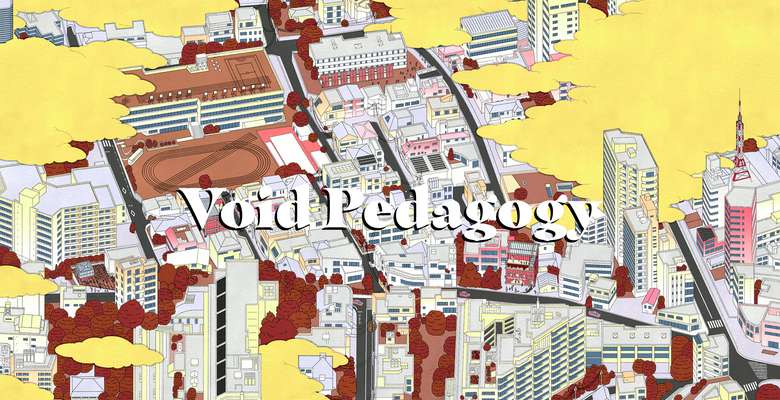
- Systemic changes
Void Pedagogy explores the intersection of contemporary research fields: urban void and progressive education. For decades, progressive pedagogy in Japan has been predominantly rural, educators claim the levels of spatial freedom necessary for their curricula cannot be achieved in the city. Simultaneously an underexplored urban phenomenon exists within Tokyo: void space. Void refers to the gaps in the urban fabric resulting from Japan’s rapid reconstruction cycle, these voids are often left vacant for years.
The project proposes that Tokyo’s void space be formally adapted for education. The proposal explores the opportunities for a dispersed school to facilitate a historically rural progressive curriculum. The spatial diversity of void allows the school to employ varying levels of scale and permanence. A Void Pedagogy school, through urban dispersal and demountable construction, may represent a new built typology which shares its values with the progressive education it facilitates.
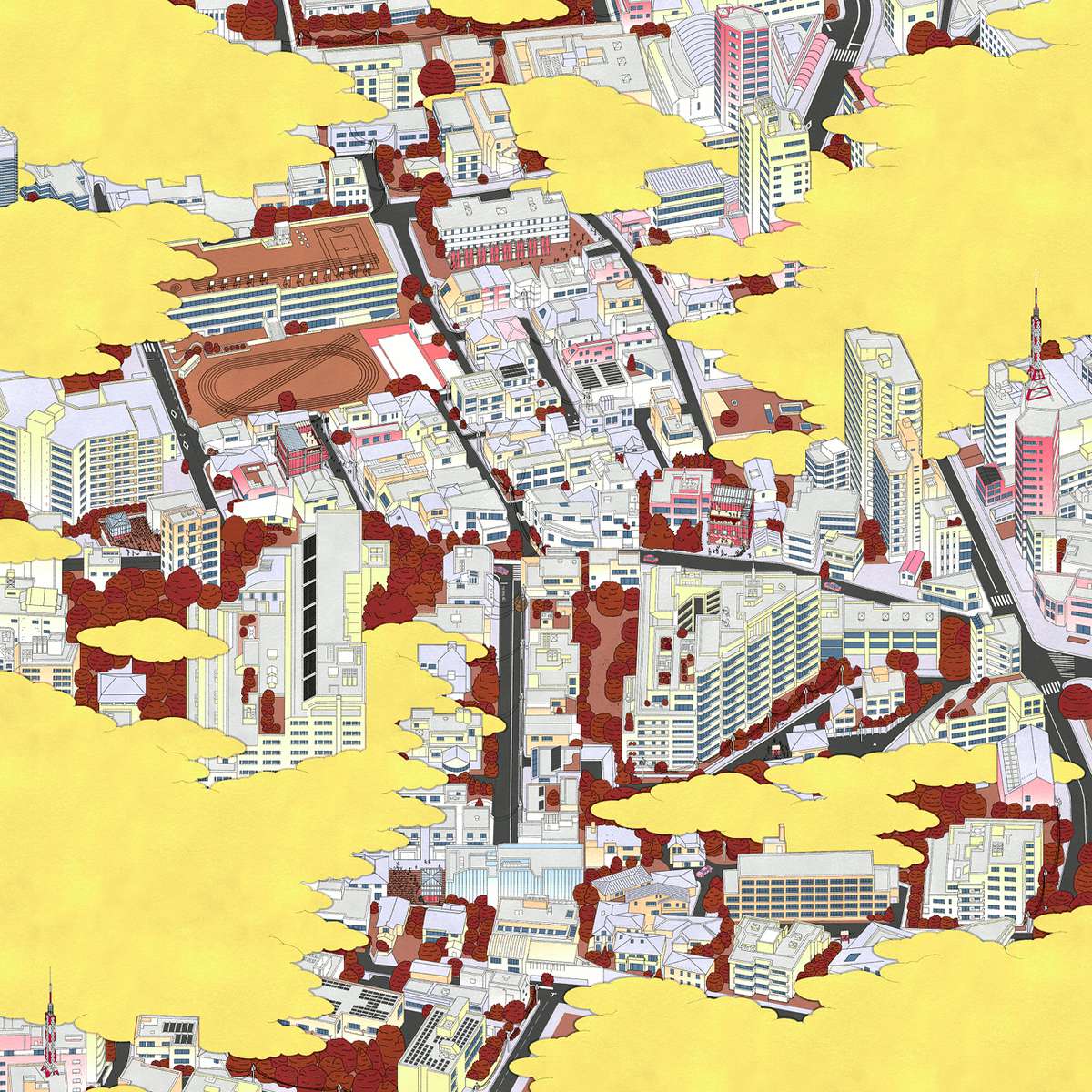
A re-imaged view of Tokyo where small-scale educational interventions occupy the city's void spaces.
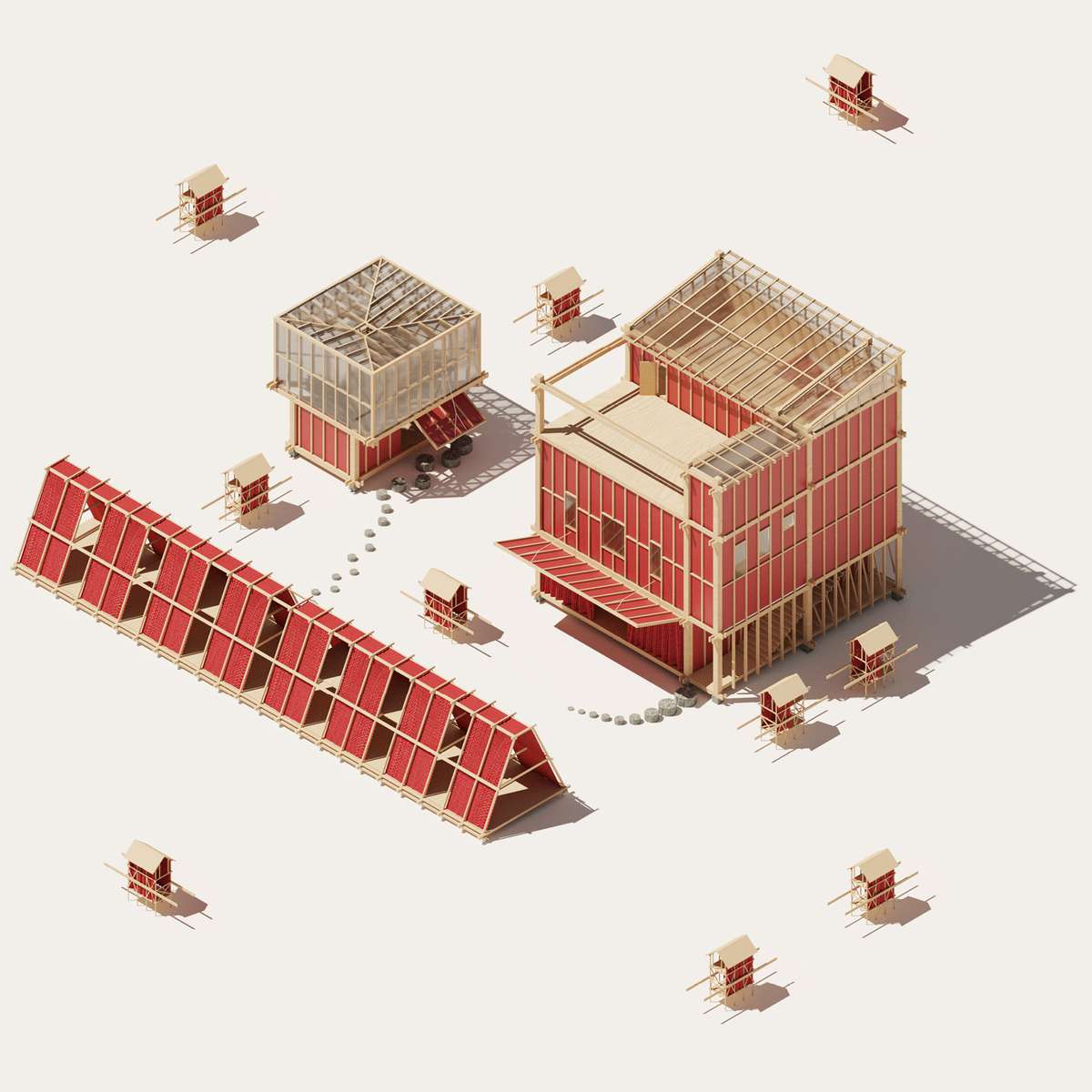
A range of scale and permanence: these various typologies are designed in order to accommodate the spatial freedom necessary for progressive pedagogy.
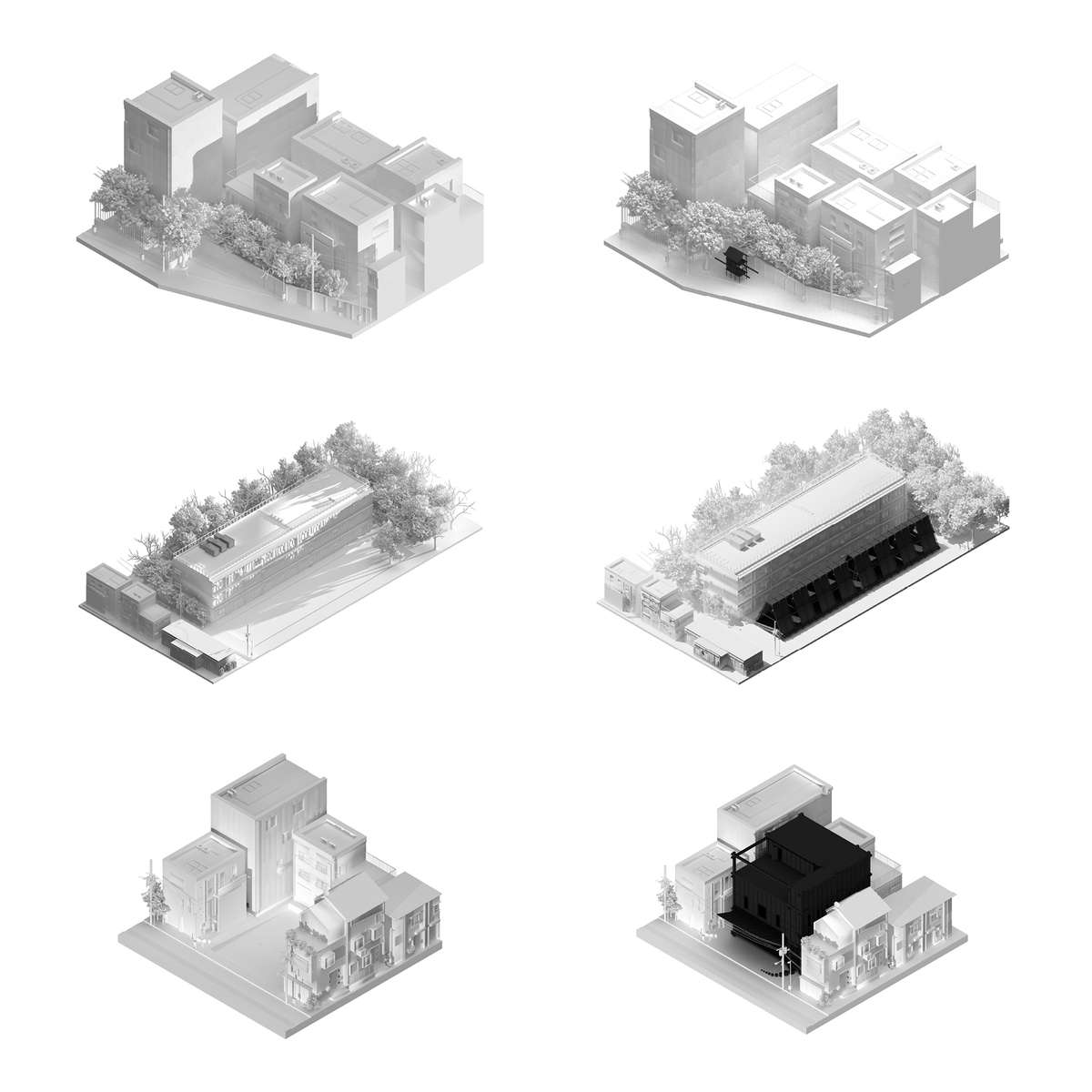
Each intervention reflects the ground condition unique to each void space, the qualities of the school are able to change in order to suit the diverse sites.
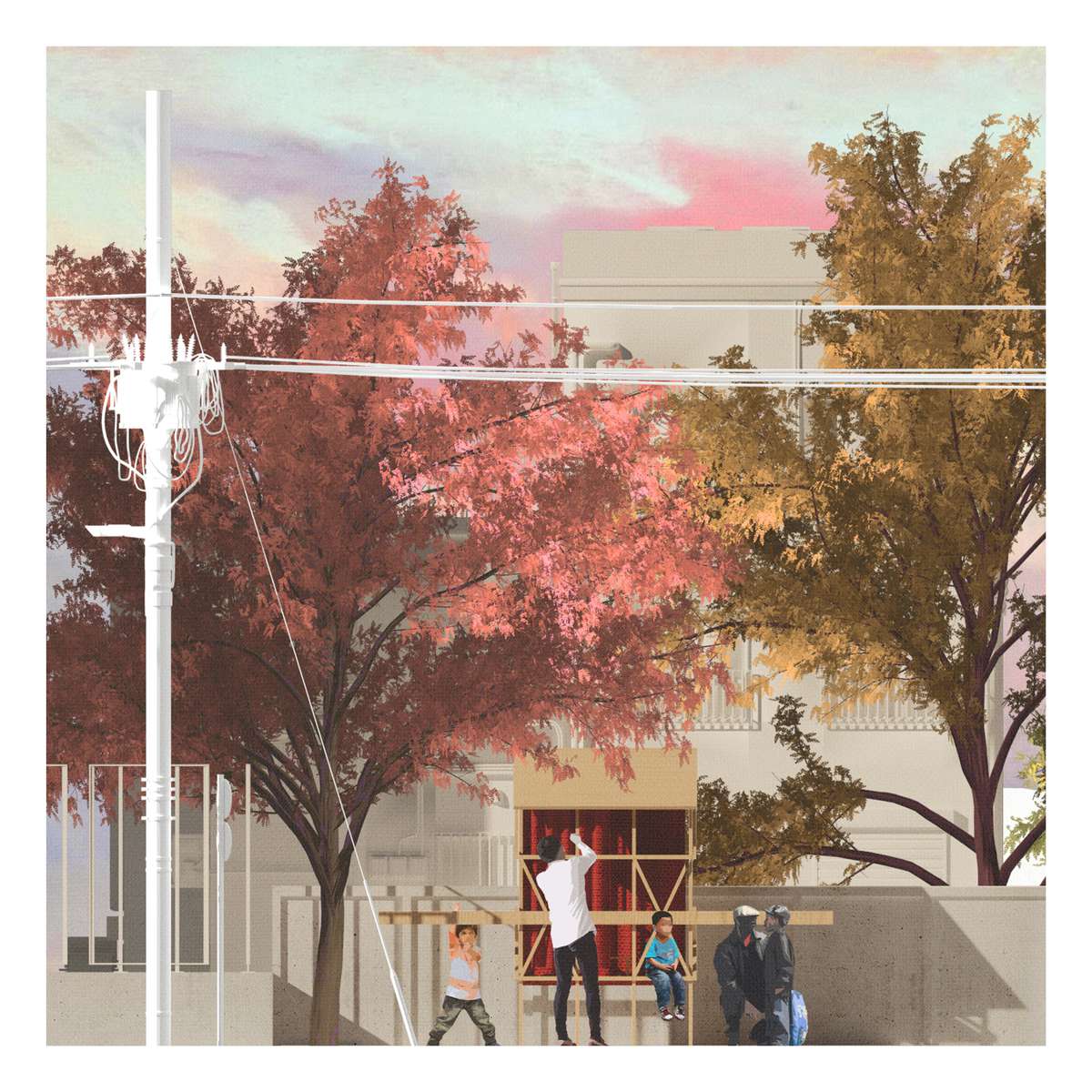
A small scale intervention designed and built by students, the micro-void spaces provide ideal sites for small-scale construction and project work.
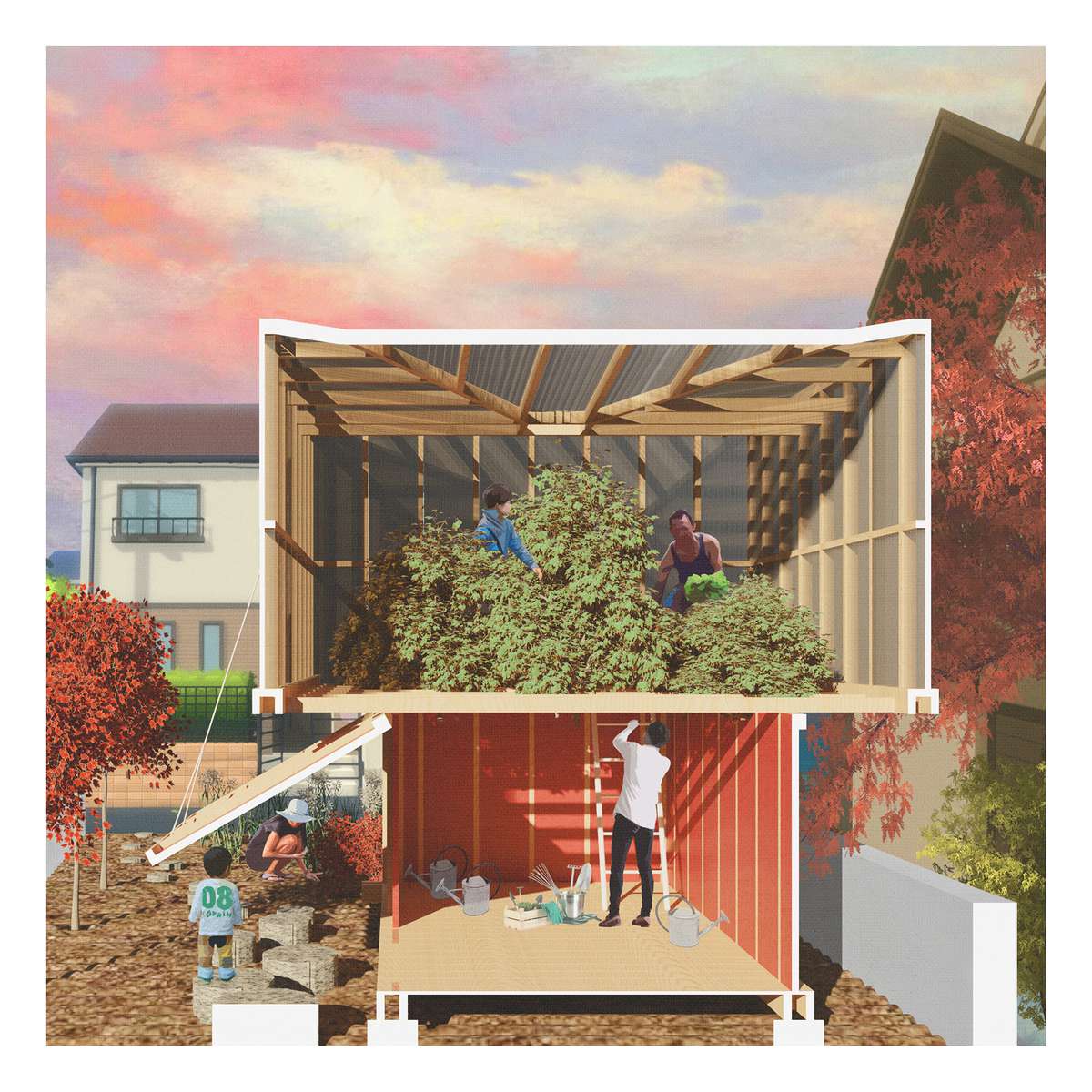
An internal view of a proposed unit of the Void Pedagogy school. This structure is intended to facilitate school gardening, taking advantage of the exposed soil which remains after demolition.
Void Pedagogy
Void Pedagogy

- Systemic changes
Void Pedagogy explores the intersection of contemporary research fields: urban void and progressive education. For decades, progressive pedagogy in Japan has been predominantly rural, educators claim the levels of spatial freedom necessary for their curricula cannot be achieved in the city. Simultaneously an underexplored urban phenomenon exists within Tokyo: void space. Void refers to the gaps in the urban fabric resulting from Japan’s rapid reconstruction cycle, these voids are often left vacant for years.
The project proposes that Tokyo’s void space be formally adapted for education. The proposal explores the opportunities for a dispersed school to facilitate a historically rural progressive curriculum. The spatial diversity of void allows the school to employ varying levels of scale and permanence. A Void Pedagogy school, through urban dispersal and demountable construction, may represent a new built typology which shares its values with the progressive education it facilitates.
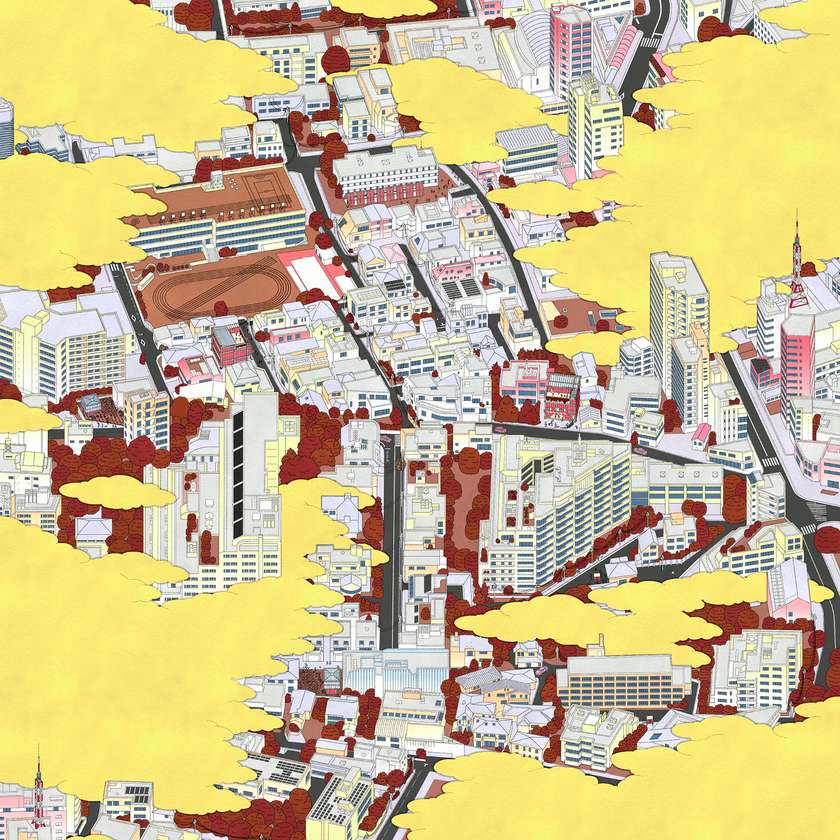
A re-imaged view of Tokyo where small-scale educational interventions occupy the city's void spaces.
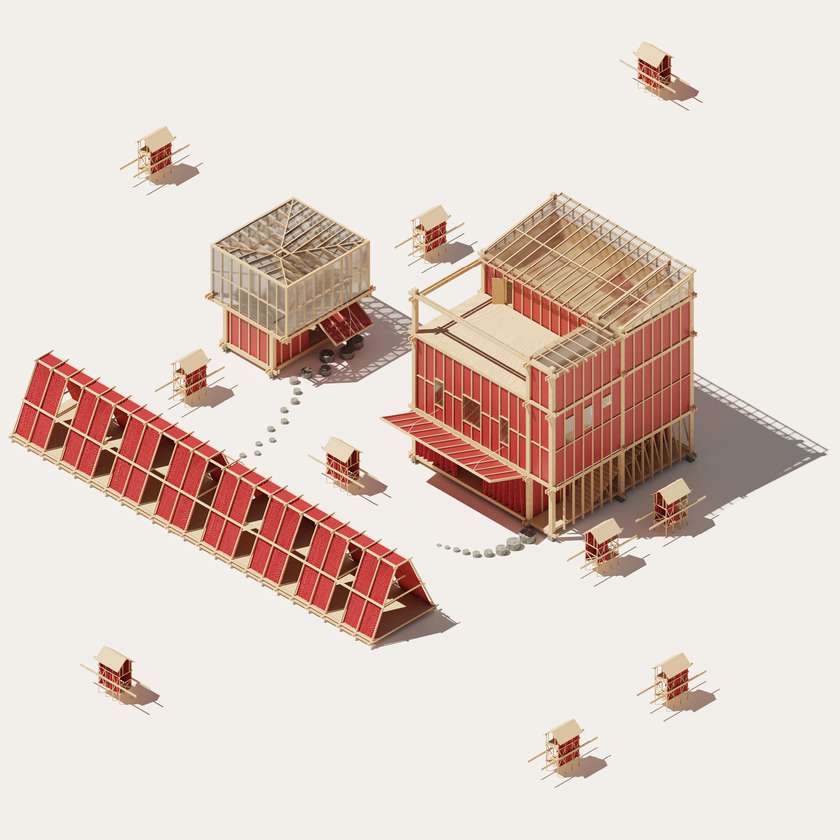
A range of scale and permanence: these various typologies are designed in order to accommodate the spatial freedom necessary for progressive pedagogy.
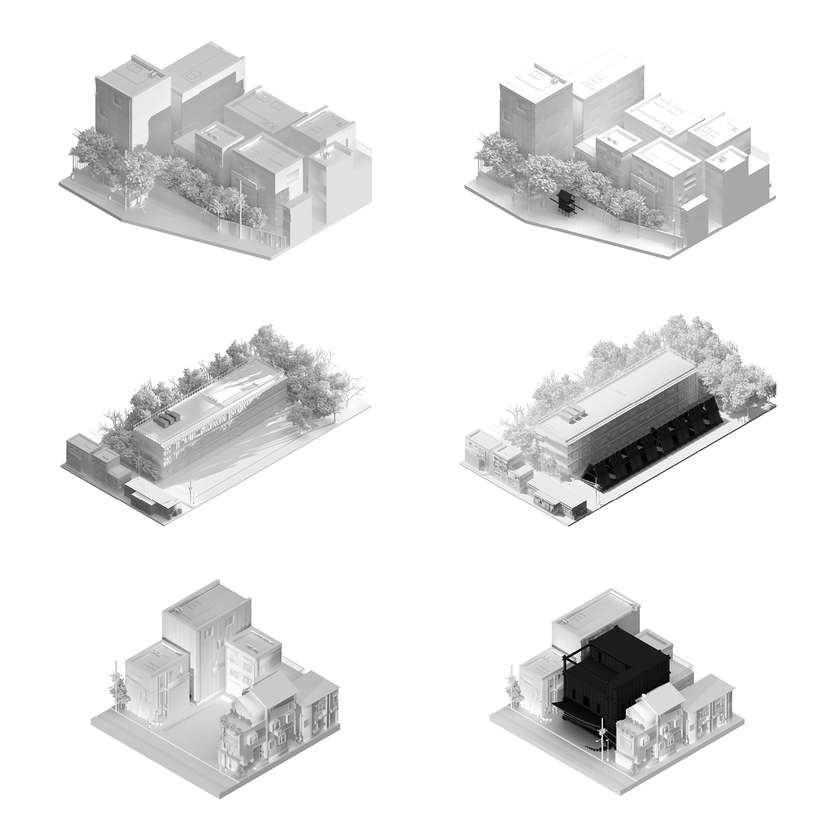
Each intervention reflects the ground condition unique to each void space, the qualities of the school are able to change in order to suit the diverse sites.
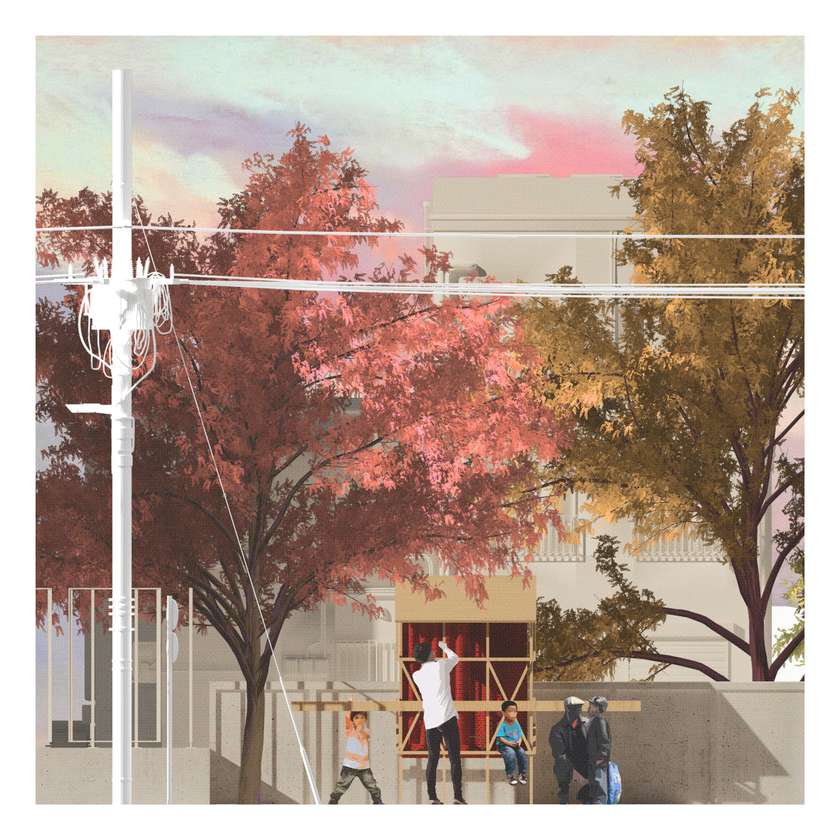
A small scale intervention designed and built by students, the micro-void spaces provide ideal sites for small-scale construction and project work.
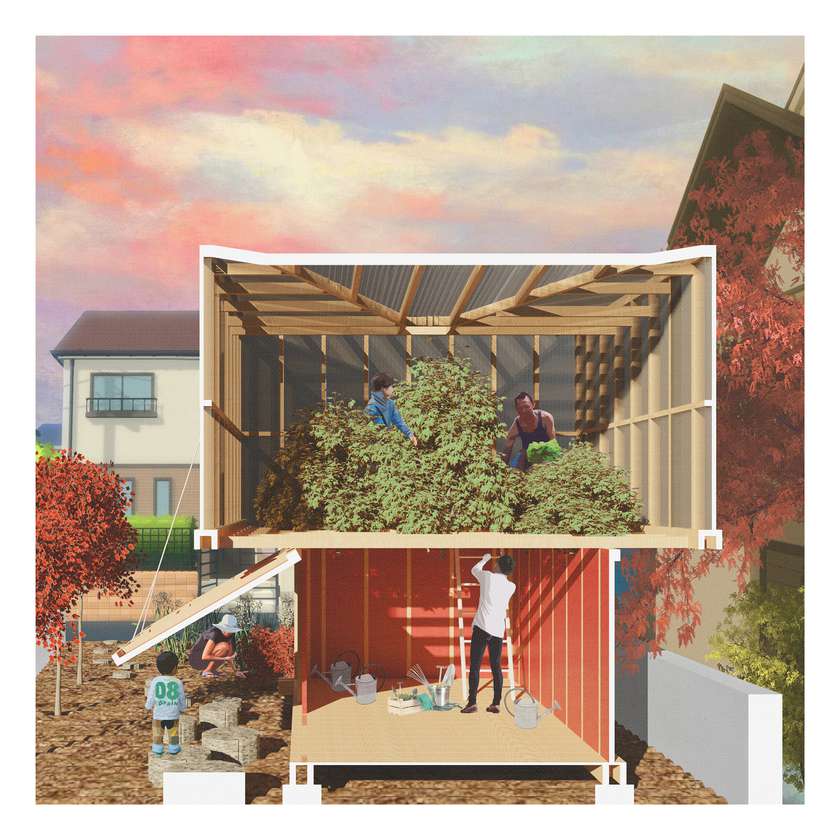
An internal view of a proposed unit of the Void Pedagogy school. This structure is intended to facilitate school gardening, taking advantage of the exposed soil which remains after demolition.